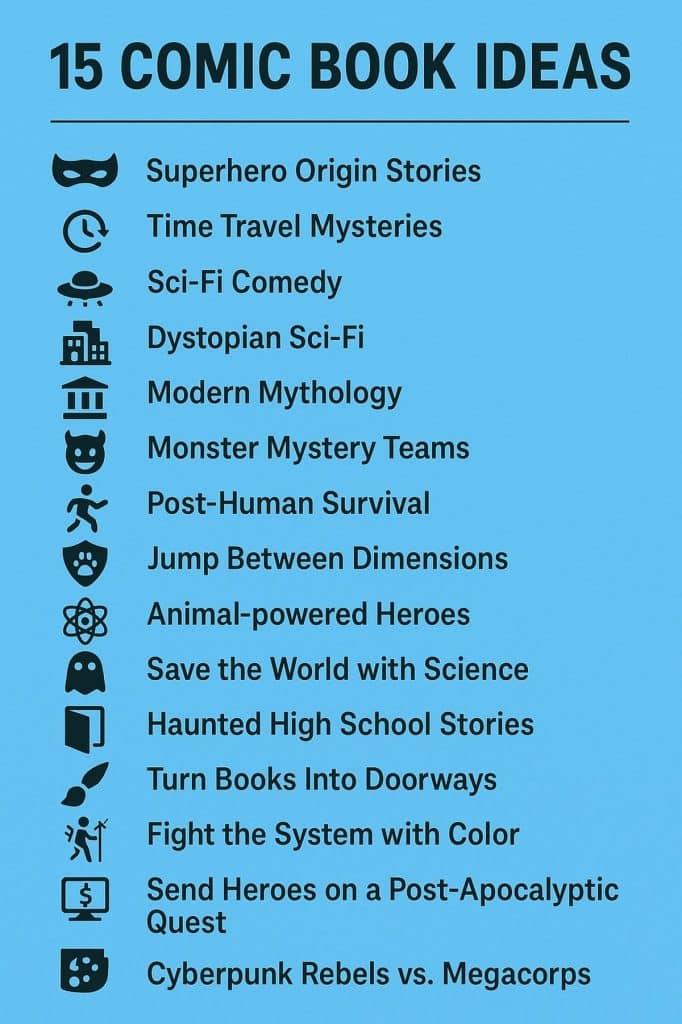Top Educational Games Making a Difference in 2025: Best Picks for Impactful learning
In 2025, the landscape of learning has evolved rapidly, with educational games emerging as powerful tools that blend fun, engagement, and academic excellence. Whether in classrooms or at home, these top picks are not just for entertainment—they drive impactful learning, critical thinking, and real-world problem-solving skills. This article spotlights the leading educational games of 2025, unpacks their benefits, and offers practical insights for students, parents, and educators seeking the best in digital learning.
Why Educational Games Matter in 2025
- Personalized Learning Paths: AI-driven games adapt to individual learning speeds, making them ideal for diverse classrooms.
- Active Engagement: Interactive challenges boost motivation and retention, transforming passive learners into active participants.
- 21st Century Skills: Students develop collaboration, critical thinking, creativity, and digital literacy through gameplay.
With advancements in technology, the best educational games for students seamlessly integrate curricular content with immersive narratives and smart feedback systems. Let’s explore the top educational games making a remarkable impact in 2025.
Best Educational Games in 2025: Our Expert Picks
1. Minecraft Education Edition (2025 Update)
Age: 8+
Platform: Windows,Mac,iOS,Android,chromebook
Why it Stands Out: The 2025 update introduces advanced coding features,multiplayer global classrooms,and integrated STEM modules. Teachers report up to 40% enhancement in student engagement and STEM proficiency when integrating Minecraft Education into their lessons.
- Hands-on lessons in math, science, arts, and programming.
- collaborative world-building enhances teamwork and problem-solving.
- New AI-based assessment tools provide real-time learning analytics.
2. Prodigy math Game: Adaptive Learning
Age: 6-14
Platform: Web, iOS, Android
Prodigy’s adaptive AI tailors challenges to each student’s learning profile in 2025, providing in-depth progress tracking for teachers and parents.
- Gamified math curriculum aligns with leading educational standards.
- Rewards system and personalized quests keep learners motivated.
- Integrated with voice-activated hints for accessibility.
3. Duolingo Max: Language AI Revolution
Age: 7+ (all ages)
Platform: Web,iOS,android
The 2025 version of Duolingo introduces AI conversation partners,real-life scenario simulations,and instant grammatical feedback,redefining language learning.
- Conversational role-playing builds real-world dialog skills.
- expanded curriculum now includes over 60 languages.
- Speech recognition ensures accurate pronunciation practice.
4. Tinybop Explorers: Science Unlocked
Age: 5-11
Platform: iOS,Android
The Explorers series continues to shine with interactive,visually captivating science simulations. Topics range from ecosystems to human anatomy and outer space.
- Build-your-own experiments foster curiosity and scientific reasoning.
- Multi-language support for inclusivity.
- Parent-teacher dashboards track progress and suggest activities.
5. Osmo Genius starter Kit: Hands-On Learning
Age: 5-12
Platform: iPad, Fire Tablets
Osmo blends digital and physical play with its patented reflective AI and touch-responsive pieces, making learning concrete and engaging.
- Games cover math, spelling, drawing, and problem-solving.
- Hands-on pieces enhance tactile learning experiences.
- Collaboration mode encourages social skills development.
6. Kahoot! EDU 2025
Age: All ages
platform: Web, iOS, Android
Live quizzes and interactive lessons now feature AI-personalized questions and video integration. Kahoot! emerges as the #1 collaborative quiz platform in schools globally.
- Real-time responses keep students motivated and competitive.
- Game-based formative assessment aligns with curriculum needs.
- Global challenges connect classrooms worldwide.
How Educational Games Shape Impactful Learning
Innovative educational games in 2025 do much more than review facts—they transform how students think, engage, and collaborate.Some of the biggest benefits of educational games include:
- Increased Retention: Active participation and immediate feedback solidify understanding.
- Equity in Education: Adaptive AI bridges gaps for differently-abled and multilingual learners.
- Lifelong Learning Attitude: The fun and rewarding nature of games fosters curiosity beyond the classroom.
- Safe Space for Failure: Students can retry challenges, learning from mistakes without fear.
Case Study: Classroom Impact with Minecraft
The Scenario: At BrightFuture Elementary,the 5th-grade science teacher piloted Minecraft Education’s new ecosystem simulations module for a month.
- Class average science scores improved by 28%.
- Student survey: 90% reported increased interest in STEM topics.
- Shy students demonstrated leadership through collaborative builds and presentations.
Teacher feedback: “Minecraft broke down barriers—kids who struggled to pay attention were suddenly engaged and teaching others.”
Practical Tips: Making the Most of Educational Games in 2025
- Set Clear Goals: Choose games that align with specific learning objectives for your child or classroom.
- Balance Screen Time: Schedule regular, intentional game-based learning periods with breaks for reflection or discussion.
- Collaborate: Use cooperative games to build social-emotional skills and foster teamwork.
- Monitor Progress: Leverage built-in dashboards to assess student growth and identify areas for further support.
- Customize Difficulty: Opt for adaptive games that adjust to the learner’s pace, ensuring challenge without frustration.
Real-World Experiences: Parents & Teachers Speak
Anna W., Parent: “My son used to dread math. Prodigy turned it into his favorite part of the day—his grades improved and so did his confidence.”
Mr. Lopez, 8th Grade Teacher: “Integrating Kahoot! into weekly reviews has doubled class participation and helped me pinpoint areas where students need extra help.”
Choosing the Right Educational Game: Key Considerations
- content Quality: Is the material accurate, engaging, and aligned with educational standards?
- Accessibility: Does the game cater to diffrent learning styles and special needs?
- data Privacy: Are student data and privacy adequately protected?
- Community: Is there an active support network for troubleshooting and collaboration?
Conclusion: The Future of Learning is Game-Based
the top educational games of 2025 are reshaping how we approach impactful learning, making academic concepts accessible, fun, and meaningful for all ages. by skillfully combining AI technology,curriculum-aligned content,and student engagement,these innovative games are not just keeping pace with modern education—they’re leading the charge.
As schools and families search for the best educational games to unlock every child’s potential, these proven picks offer a roadmap to success. Embrace the power of game-based learning in 2025—you might potentially be surprised at the difference it makes.

